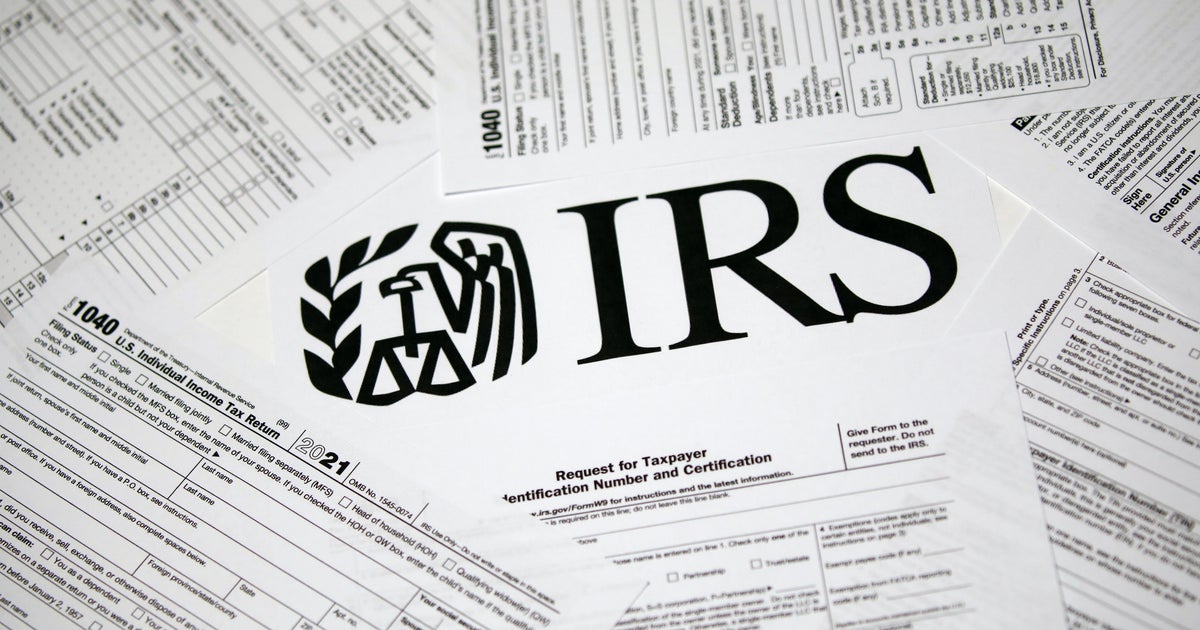Tax season is underway, and for most taxpayers, April 15 is the looming deadline for filing their taxes. However, there are exceptions to this rule, particularly for individuals residing in areas affected by natural disasters. The Internal Revenue Service cIRSc has extended the tax filing deadline for residents of particular states that have faced storms, flooding, tornadoes, wildfires, and other calamities in recent months.
In a bid to provide relief to those impacted by these disasters, the IRS has granted an extension to certain states. Residents of Arkansas and Tennessee, for instance, have until November 3, 2025, to file and pay their taxes rather than the traditional April 15 due date. This accommodation aims to alleviate the burden on individuals and businesses dealing with the aftermath of these natural events.
This extension policy isn't exclusive to these two states; individuals in several other states also qualify for more time to file their taxes. The IRS recognizes the disruptive effects that natural disasters can have on communities, prompting the agency to offer filing and penalty relief to taxpayers in designated disaster areas. The goal is to streamline the process for those struggling in the wake of these catastrophic events.
For residents outside these disaster zones requiring additional time to complete their taxes, the option to request an automatic extension exists. By doing so, individuals can secure an extension until October 15 to submit their tax forms, albeit they must still settle any outstanding payments owed to the IRS by the original April 15 deadline.
Moreover, the IRS has extended deadlines for various states and counties that have faced different catastrophic events. The relief measures encompass residents impacted by a range of disasters, from wildfires to hurricanes and other damaging occurrences. By granting extensions, the IRS aims to ease the tax burden on those contending with the aftermath of these calamities.
Among the states affected is Oregon, where taxpayers still face an April 15 deadline due to the absence of a FEMA-qualifying disaster that would warrant an extension. Conversely, regions in California, Kentucky, and West Virginia, among others, have been granted extensions with varying deadlines, accommodating the unique circumstances faced by these communities.
In the case of California's Los Angeles County, ravaged by destructive wildfires, residents have until October 15 to fulfill their tax obligations. Each extension granted by the IRS is tailored to the specific circumstances of the disaster-stricken areas, recognizing the need for flexibility during challenging times.
It's vital for individuals to stay informed about the filing deadlines in their respective states, especially if they reside in areas affected by natural disasters. By understanding the relief measures and extensions available, taxpayers can navigate the tax season with greater ease and compliance with IRS regulations.
In conclusion, as taxpayers across the U.S. prepare to file their taxes, it's essential to be aware of the various extension deadlines in place for states impacted by natural disasters. The IRS's efforts to provide relief and flexibility to affected individuals underscore the importance of accommodating the unique challenges faced by these communities during tax season. By staying informed and taking advantage of the available extensions, taxpayers can meet their obligations while navigating the complexities of filing amidst challenging circumstances.

